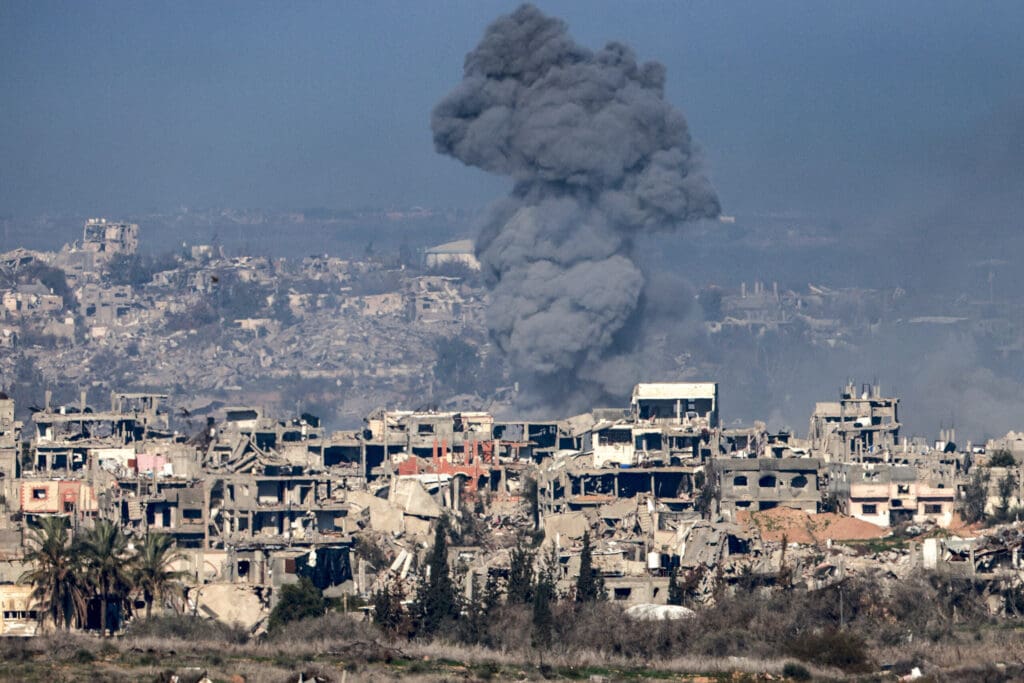Foreign Affairs
Why are the United States and Western nations exempted from guilt for the slaughter in the Middle East?
Support authors and subscribe to content
This is premium stuff. Subscribe to read the entire article.
Login if you have purchased

Foreign Affairs
Why are the United States and Western nations exempted from guilt for the slaughter in the Middle East?
This is premium stuff. Subscribe to read the entire article.